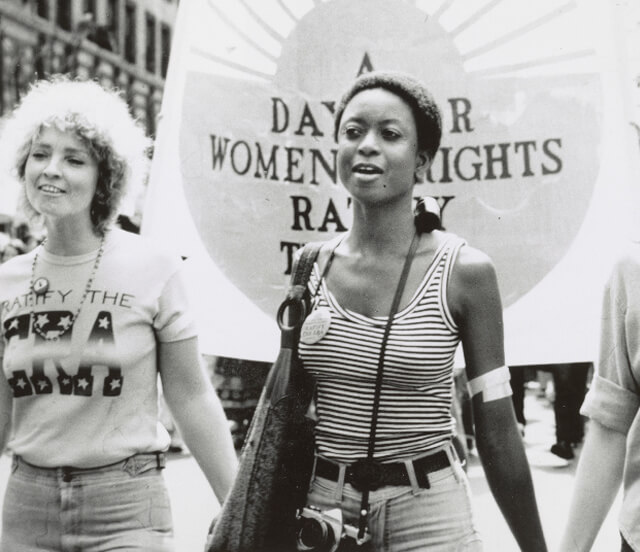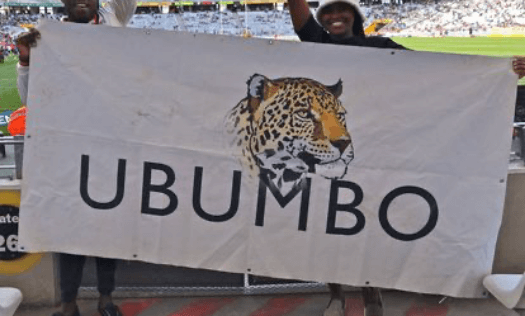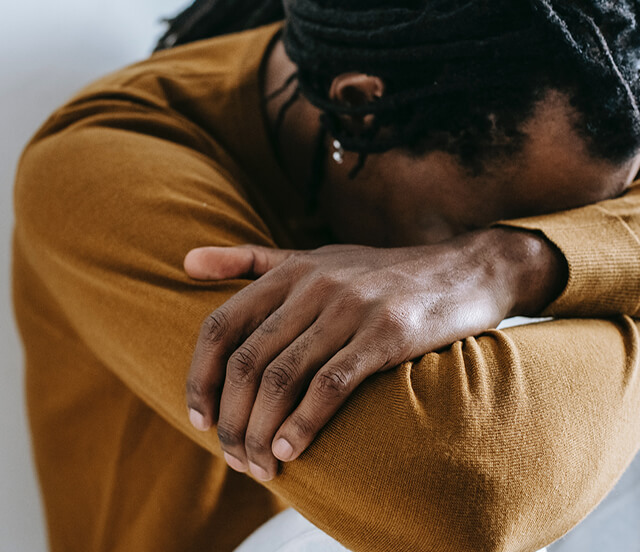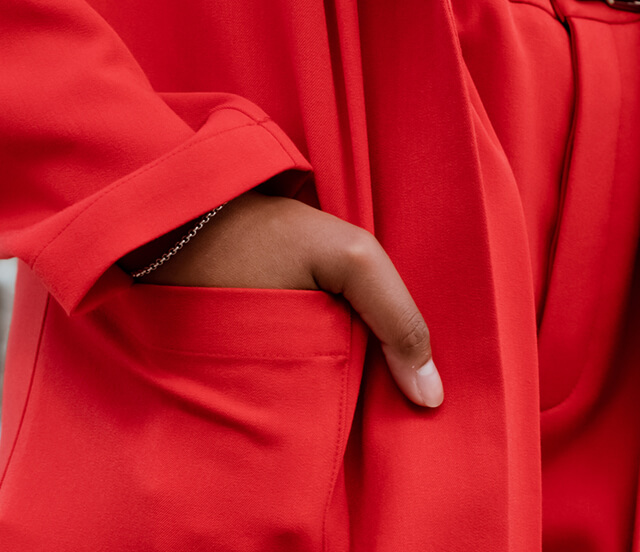by Liziwe Chumani Ntshweza
This month we celebrated my mother’s birthday and over time I have started to use that day to reflect on her journey as a woman and how her journey contributed to my own. The one thing I have always known is that my mother’s life has modelled feminism for black women in the most beautiful and challenging ways.
I am always fascinated and often frustrated, whenever I hear of people claiming that feminism is somehow a foreign concept that is un-African and therefore should be viewed as a threat towards our culture. What we should begin with, is unpacking which aspects of this culture we are trying to protect by closing the door to feminism. It becomes even more complex when we assess the often matriarchal families most of us come from.
In a time where feminism is still perceived with the same scorn as common vulgarities and often positioned as a betrayal of what our circles believe should be our identities, I empathise with black women who choose not to take that label on. Having said that, I believe that black women have always been at the forefront of the fight against the oppression and erasure of women, and whether we choose to label it as feminism or not, those acts are by definitions feminism personified.
When engaging in discussion on feminism, be it in intimate spaces or on public platforms, I have always found that most people agree with the fundamental principles of feminism but are suspicious of the word. Since I do not believe that any one person has the obligation to identify as any one thing, I often choose to engage people on an ideological level and that is how I will be unpacking my views on Feminism within an African context.
Having gone through the process of a formal education and discovering and falling in love with feminist literature, it would be easy for me to fall into the trap of theorising ideologies. While theories have merit because they give us a lens through which to unpack what we see in our everyday existence, I believe that we often get entangled in this entomological web and we forget to see just how beautifully, honestly and painfully women have personified feminism all around us.
The systematic oppression and exclusion of women has for centuries forced women to find a myriad of ways to rebel and assert their identity. The rebellion has not always been loud or documented in history, but it has always been there, resolute and strong in its silence and in some instances its loud upheaval. Most young, African people need to only look closely within their families to identify it.
For me it was my maternal and paternal grandmothers who were the matriarchs of the family, the ones the families looked to for guidance and direction. It was my mother who was fighting gender roles by dismissing some age old traditions of chore allocations between girls and boys when we were growing up, my aunt who ex-communicated herself from the family because she was told to stay with a husband who abused her, an aunt who was undergoing the process of ukuyalwa and asked why it is that she is expected to persevere in marriage as if she was going into war. All of these women were rebelling, in their own ways, they had stepped up to question a society that had told so many that they are “less than” or somehow undeserving of the dignity that should come with being human.
As more African women begin to stand up against the structures that tell us that we are less than, by virtue of the sex we were assigned at birth, we will begin to see more conflict between our own identities and our links with the traditions of our cultures. This is not surprising, but I do believe that, that which does not evolve, dies. If our traditions and practices do not become more inclusive, they stand the risk of losing relevance and rightly so.
In a world where symbolism and representation matter, we need to collectively work towards more inclusive space in all aspects of our lives. We need to re-imagine what it is to be an African for both men and women.
We need to create spaces where all are free to be, just be. Although I understand the suspicion, the question on the relevance of feminism in an African context is one that always bowls me over. On a continent where femicide is pandemic, rape culture is rampant and women are still excluded from many spaces, I wonder how someone can be emboldened to ask that question. Which brings me back to my belief that we often get entangled in labels and what we assign to those labels.
The reality is that on a continent that is still deeply rooted in patriarchy and misogyny; where women continue to be the most heavily impacted by rampant poverty and physical violence, feminism can never be irrelevant or foreign. Whatever we choose to call it, we have a collective responsibility as a continent to fight for “the economic and social equality of both sexes.”






